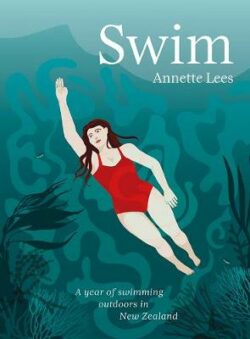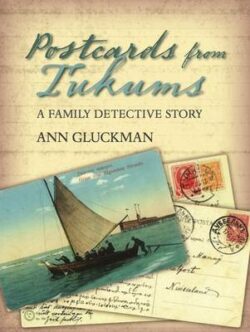Takahe
$59.99
Available
Description
Takahe are 'strange and wonderful avian beasts', big purple-blue birds with a striking red beak and legs. Once thought extinct, they were famously rediscovered in 1946 by Invercargill doctor Geoffrey Orbell, who found a small population living in a remote valley in the Murchison Mountains of Fiordland. In this book Alison Ballance charts the history of the Takahe Recovery Programme, the longest-running species conservation programme in New Zealand, and perhaps even in the world. After many set-backs, and decades when those dedicated to saving the bird struggled to get the population to grow, they have in recent years managed to build up a healthy population, which will pass 500 birds in 2023. Full of fascinating stories about the biology and lifestyle of this delightful bird, summed up 'as a food-obsessed, serially monogamous (mostly) devoted partner and parent, whose teenage kids stick around to help raise their younger siblings', this beautiful illustrated and inspiring book will appeal to anyone with an interest in ornithology and the natural world of New Zealand.
Additional information
| ISBN | 9781988550473 |
|---|---|
| Dimensions | 200 x 250 mm |
| Book Type | Hardback |
| Author | Alison Ballance |
| Author Bio | Alison Ballance is a zoologist, writer and broadcaster. In 2017 she was made a Member of the New Zealand Order of Merit (MNZM) for services to natural history, filmmaking and broadcasting. In 2008 she began producing and presenting Radio New Zealand's weekly science and environment programme Our Changing World. Before that she spent 18 years producing and directing wildlife documentaries for NHNZ, including the film To Save the Kakapo. She has written 30 books, including 'Hoki: The story of a kakapo' and the biography of conservationist Don Merton. The first edition of 'Kakapo: Rescued from the brink of extinction' drew on her long association with the Kakapo Recovery Programme and won the 2011 Royal Society of New Zealand Science Book Prize. It was revised and republished in 2018. |
| Number of Pages | 320 |




